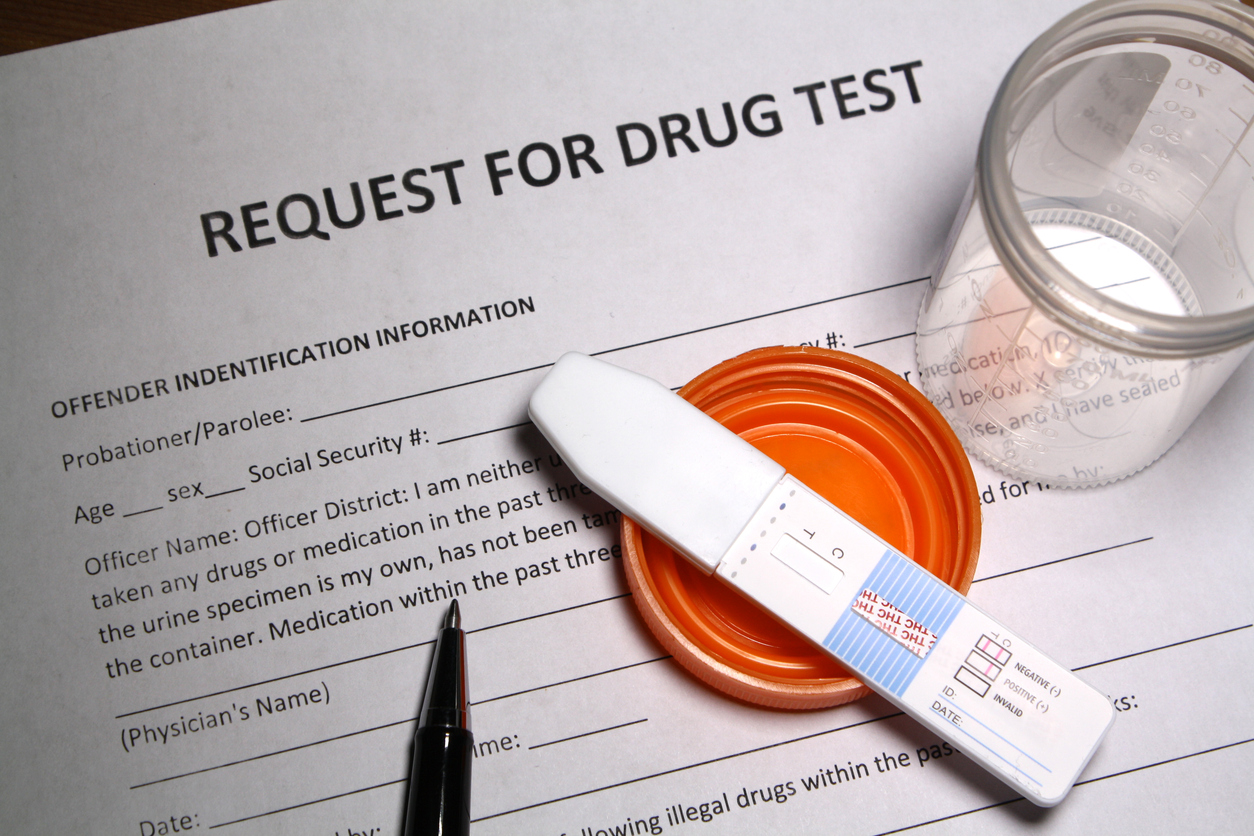When an on-the-job injury occurs, an injured employee should get immediate medical care, and the supervisor should report the incident to the employer’s insurance agent and/or carrier. Timely injury reporting will ensure that the incident is documented accurately, establish a clear timeline of events, preserve evidence, and help determine the cause and severity of the injury.
Standard Protocol: Request a PADT for All On-the-Job Injuries
In addition to ensuring that an injury is reported to the insurance company immediately, it’s also critical the supervisor request that a Post-Accident Drug Test (PADT) be performed to better determine the cause of the accident. The PADT must be completed within hours of the workplace accident. In fact, in many states, you must perform a PADT within a particular time frame (usually two to three hours after the event) for the test to be admissible as part of the Workers’ Compensation claim.
Various drug testing procedures are available, including having the employee provide a urine sample at urgent care, which is then sent to a certified lab for testing. Another alternative is a saliva-based swab drug test, which can be easily administered on-site. If the swab drug test results are positive, the employer must have a certified laboratory examine and validate the findings.
What If an Employee Is Severely Injured?
For employees facing a severe injury and requiring immediate transportation to the hospital or ER, Prescient National has implemented a specific protocol for PADTs. The supervisor should accompany the injured employee to the hospital to help ensure proper medical care and be a family resource. In addition, we have provided all employers with a Severe Injury Protocol Packet with step-by-step instructions for supervisors to complete during the emergency treatment and submit to us with a First Report of Injury.
Once at the hospital, inform the charge nurse that this is a Workers’ Comp-related injury and request that a drug test be performed. If the injured worker can sign a Medical & Drug Test Authorization, have him or her do so and provide it to the charge nurse.
If the charge nurse declines to perform a drug test, call Prescient National immediately. Our team will contact the hospital and request that specimens be forwarded to an independent facility for a PADT. The request process varies by facility; some require a written release from the injured employee, while others request a court order or a subpoena to produce the specimens.
Why a PADT Is Important
Based on the jurisdiction, employers and insurers can use a PADT to better determine the cause of an accident and implement safety measures to decrease occupational injuries and improve an organization’s loss history. According to the Department of Labor, drug and alcohol use at work may contribute to 65% of on-the-job accidents. Substance addiction accounts for 38%-50% of all Workers’ Compensation claims.
Furthermore, the claim outcome may be affected if an impaired worker caused the accident and subsequent injury. For example, in one claim, an employee fell from a lift, resulting in a femoral neck fracture. The hospital did not complete a PADT; however, because Prescient National was notified promptly, we could secure blood work and perform a drug test. The injured employee had a history of heroin abuse and had taken methadone as well as Xanax. Once the results from the PADT were obtained, the claim was denied, as there was more than the recommended amount in the employee’s system. Expert testimony confirmed his intoxication level.
Getting injured workers medical attention immediately and reporting injuries right away is important in facilitating Workers’ Compensation claims. In addition, PADTs are a tool we use at Prescient National as part of the investigative process for improved claims outcomes.




